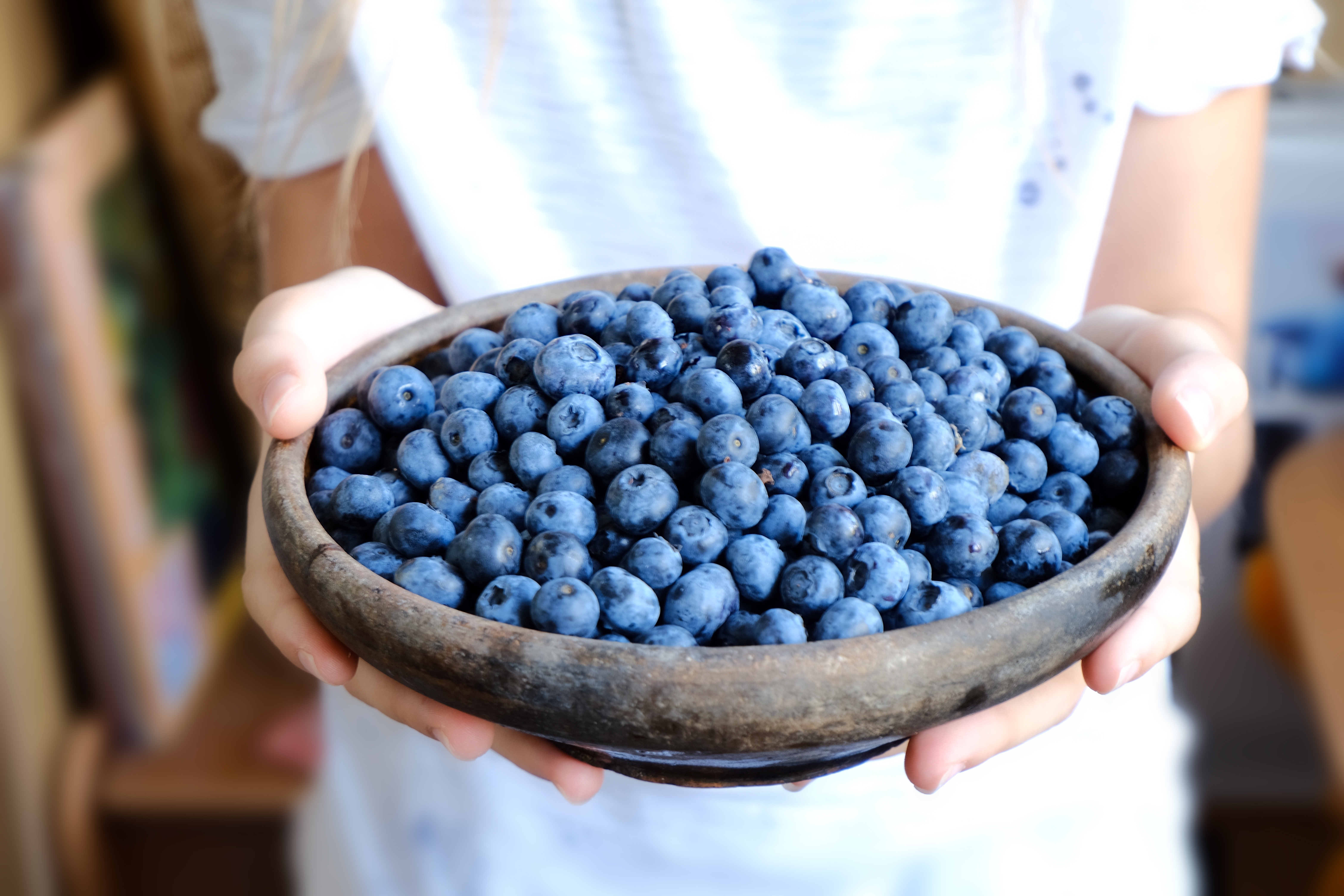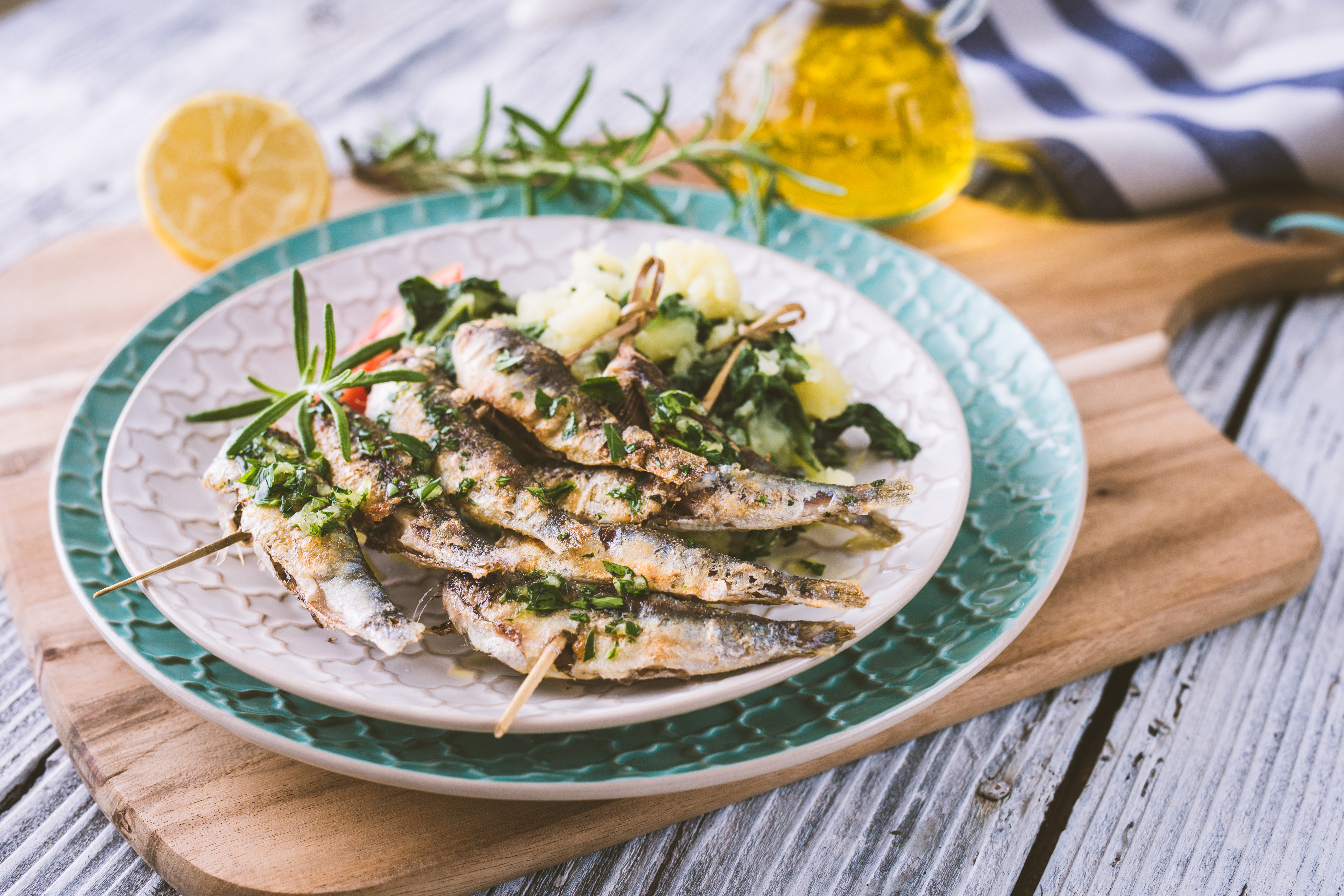Unconventional Foods to Boost Your Brainpower
Tired of brain fog and seeking sharper focus? In our demanding world, peak mental performance feels crucial, yet many overlook the most powerful tool available: the food on their plate! Forget expensive supplements or complex tech; your kitchen holds the delicious secrets to unlocking enhanced memory, laser-like concentration, and lasting cognitive vitality. We've delved deeper into the science of brain health and expanded our essential guide to feature 31 incredible foods packed with the nutrients your mind craves. These aren't just meals; they're potent fuel to support neuroplasticity, boost clarity, and protect your brain for the long haul. Ready to naturally nourish your neurons and unleash your full cognitive potential? Let's explore the powerhouse foods that will help you think sharper, remember more, and feel mentally resilient—starting with your next grocery list!
1. Blueberries: The Antioxidant Powerhouse

Blueberries, often dubbed a superfood, are celebrated for their high antioxidant content, which plays a crucial role in brain health. Rich in flavonoids, these tiny berries help improve memory by enhancing communication between brain cells, reducing inflammation, and protecting brain cells from oxidative stress. Studies have shown that regular consumption of blueberries can delay brain aging and improve cognitive function. The antioxidants in blueberries, particularly anthocyanins, are believed to cross the blood-brain barrier, directly impacting areas of the brain associated with intelligence and memory. Incorporating blueberries into your diet is as simple as adding them to your morning cereal or enjoying them as a healthy snack.
2. Sardines: Omega-3 Fatty Acids and Brain Function

Fatty fish like salmon, mackerel, and sardines are rich in omega-3 fatty acids, essential for maintaining brain health. These healthy fats are crucial for building brain and nerve cells, and they play a vital role in learning and memory. Omega-3s have been linked to a reduction in mental decline and may help ward off Alzheimer's disease. The DHA and EPA, two types of omega-3s found in fish, are integral to brain structure and function. Regular consumption of fatty fish has been associated with increased gray matter in the brain, which is responsible for processing information, memory, and emotions. For those who do not consume fish, omega-3 supplements or plant-based sources like flaxseeds and walnuts are excellent alternatives.
